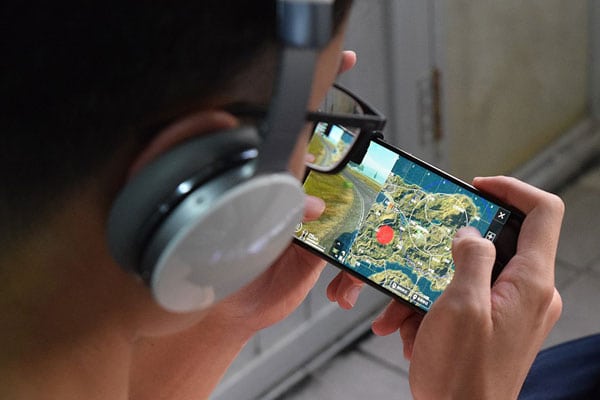
July 18, 2018; Fast Company
Once seen as new and experimental, online fundraisers and donation platforms are now mainstream for nonprofits. Smaller individual campaigns are common on websites like GoFundMe and Crowdrise, and nonprofits who have Facebook pages can receive and request funds through the social media platform itself. And via AmazonSmile, nonprofits can receive a small percentage of sales, and buyers can select from thousands of foundations and nonprofits to donate to.
As business and nonprofits become more integrated with the online world, the online world adapts. Recently, Activision Blizzard donated nearly $13 million to the Breast Cancer Research Foundation (BCRF) through their online game, Overwatch. This represents BCRF’s largest corporate donation, contributing to their $60 million in annual support to research aimed at curing breast cancer.
Overwatch is a battleground game, in which players face off in large arenas against other players across the globe. To raise money for BCRF, Overwatch players were able to buy limited edition “skins,” or in-game clothing, for their character as well as t-shirts for themselves. Additionally, 14 superstar game players hosted a livestream of their gameplay on the platform Twitch and agreed to donate any tips or funds raised to BCRF.
Sign up for our free newsletters
Subscribe to NPQ's newsletters to have our top stories delivered directly to your inbox.
By signing up, you agree to our privacy policy and terms of use, and to receive messages from NPQ and our partners.
Blizzard owns the largest massively multiplayer online role-playing game, World of Warcraft. While often the butt of many nerd jokes, World of Warcraft hosted over 100 million accounts in its first 10 years, making over $9.23 billion in revenue as one of the highest-grossing video games of all time. Through a fundraiser selling a plush toy from the World of Warcraft universe, Blizzard raised $2.5 million for the Make-A-Wish Foundation and has donated to the American Red Cross and the Children’s Hospital of Orange County. In their popular game Call of Duty, they offered in-game equipment for players to buy, which supported Blizzard’s own Call of Duty Endowment, which supports job placement for veterans.
Blizzard fans are not the only ones in on the philanthropy game. In 2009, gamer-led nonprofit The Zeldathon Team, after Nintendo’s classic Zelda series of games, held game-playing marathons and raised nearly $2 million, including disaster aid. Individual gamers who stream their gameplay online have been involved in fundraisers, including popular gamer and vlogger Julien Solomita, who competed in the PUBG Winter Charity Invitational, where players played PlayerUnknown’s Battlegrounds (PUBG) for PUBG Corporation’s foundation, Gamers Outreach, whose focus is to “support kids and teens throughout the healing process as they undergo treatment in hospitals.”
Large corporate partnerships like those with Activision Blizzard and smaller partnerships with individual gamers and gamer groups can provide a platform for education, fundraising, and activism within the gaming community and beyond. In the end, though, we’ll have to wait and see not only what the ROI is on these efforts over time, but also how the public responds to them.—Ember Urbach












